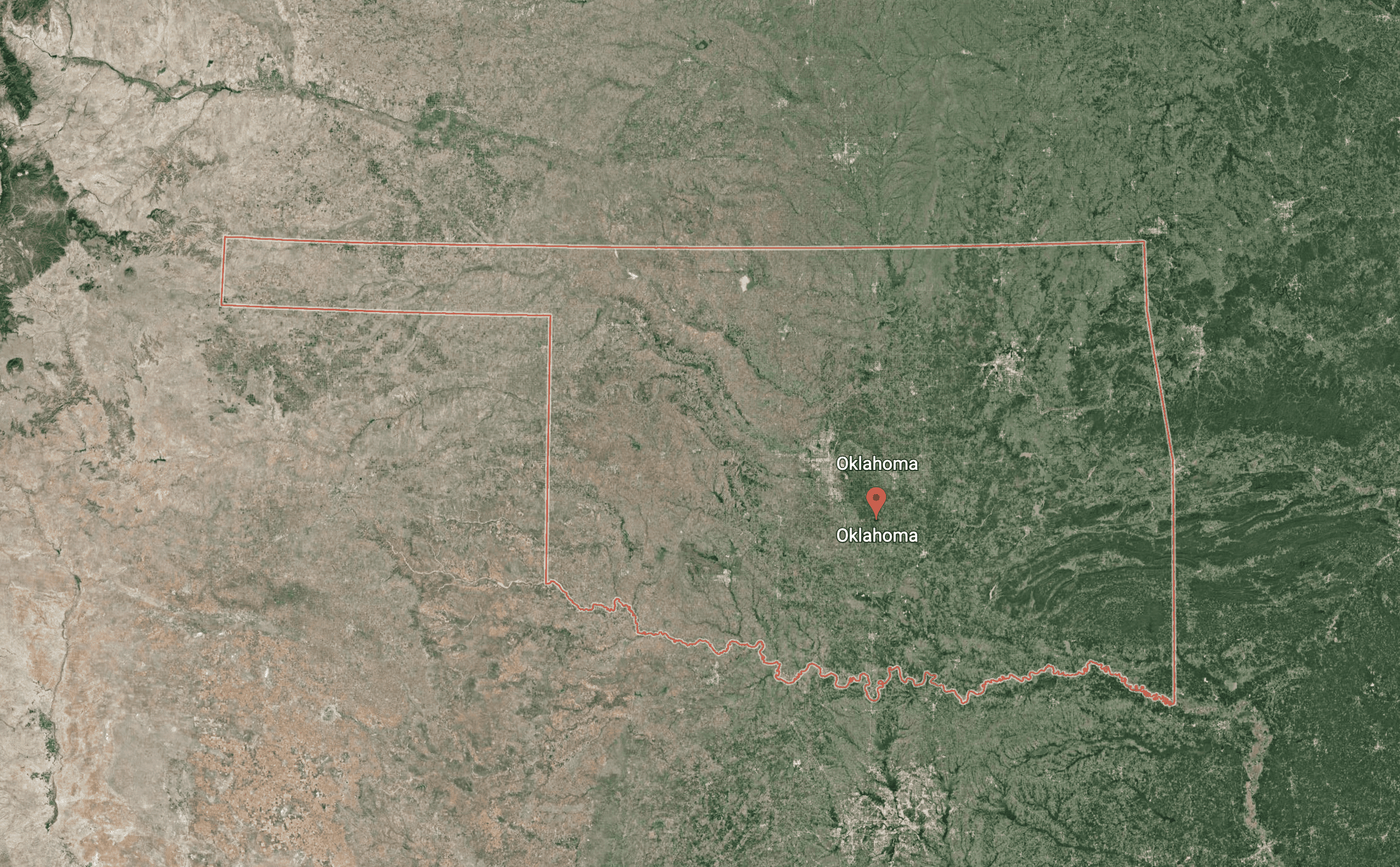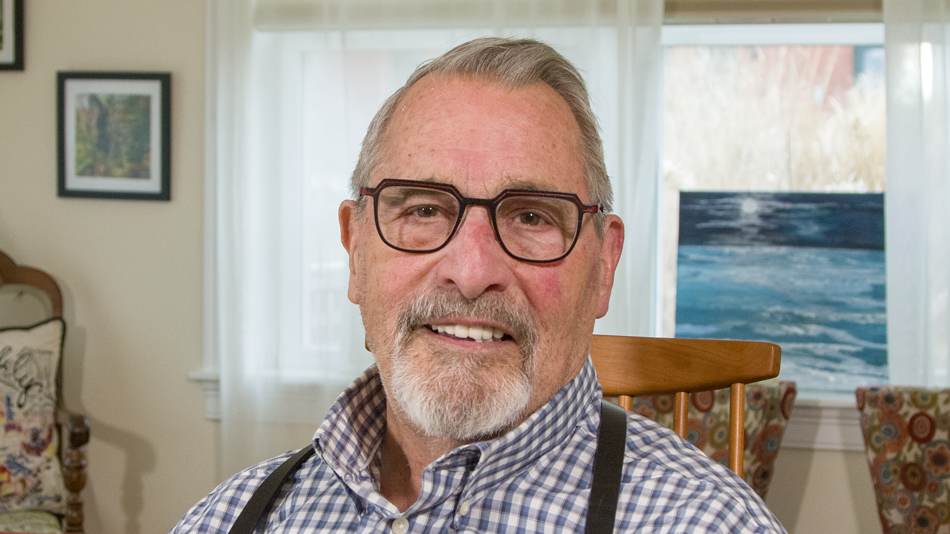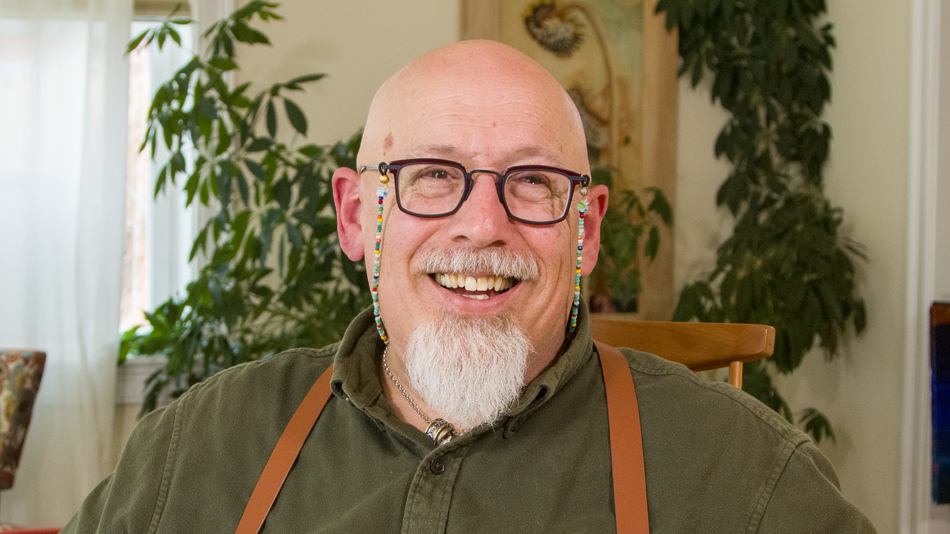
I only get to go home about once a year. No matter what my father may say, his sage advice that New York is my home now, that Ponca City, Oklahoma is just where I grew up, that I have a life of my own, I can’t help but feel like that little town, dreary and downtrodden, where country music and pickup trucks and feathered bangs and Baptist churches rule, will always be my home.
That’s why I had such a hard time dealing with the news that my parents were moving–not in a year, not in half a year, but a month after Christmas. I discovered that when I went home for the holidays, using my precious few days off to travel the 1500 miles and light years of difference between New York and Oklahoma, it’d be the last time I saw my hometown. Not just that, but the last time I saw the house I grew up in; the tiny, cigarette smoke-choked coffee shop I went to every night in high school; the spot in the country, overlooking the lake, where I’d sat with my best friend in the bitter cold, smoking cigarettes and wishing that he’d just love me back. Taken separately, these things all look so small, so ordinary. They exist in every windswept plains town. But it’s these places (and, of course, others: my mother’s church; my father’s office) that make up my history.
It’s hard for me not to use the same words about leaving that one always hears from people who have moved from small towns to bigger cities: that I got out, that I fled, that I never looked back. That just isn’t true, though. I left Ponca City because I knew that somewhere there existed a place where more gay people lived, where I could come out of the closet without my family or my family’s friends finding out, where I could live the life that I dreamed of all through junior high. To say that I never looked back, though, would be ridiculous. Not a day has passed since I left (nine and a half years ago already) that I haven’t thought about Oklahoma, haven’t thought about what it meant to grow up there, about the way that growing up in such a different culture shaped my personality. When my sister moved to Philadelphia, she told me that she had to learn not to smile at people and say hello to them as they passed her on the sidewalk. I’d nearly forgotten that I used to do that, too.
In a year in which everything has changed–different jobs, learning a new city, making new friends, saying goodbye to my grandpa–it was nice to know that at least my parents were in the same place, that not everything was different. That I could still, if ever I wanted to, drive home and know exactly how to get there. At the same time, I couldn’t begrudge my parents the opportunity to move forward with their lives when it was a move that was so good for both of them.
When I drove out of Ponca City for the last time, I’d already made peace with the fact that I wouldn’t be coming back. My parents had taken me to all the restaurants I knew I’d miss, places we’d gone regularly growing up because my mother hates cooking. We drove down 14th Street, Ponca City’s main drag, and I made a point to memorize everything as I saw it pass by.
And I thought about something that my father had told me: that my hometown isn’t really just where I grew up, but it’s wherever my parents are. And even though they might be in a different house, even though the bed reserved for me will no longer be in the bedroom where I hung my posters in high school, their door will always be open. And so, like my great-grandma, Ponca City only exists for me now in my memory. But it will always be there.








Share